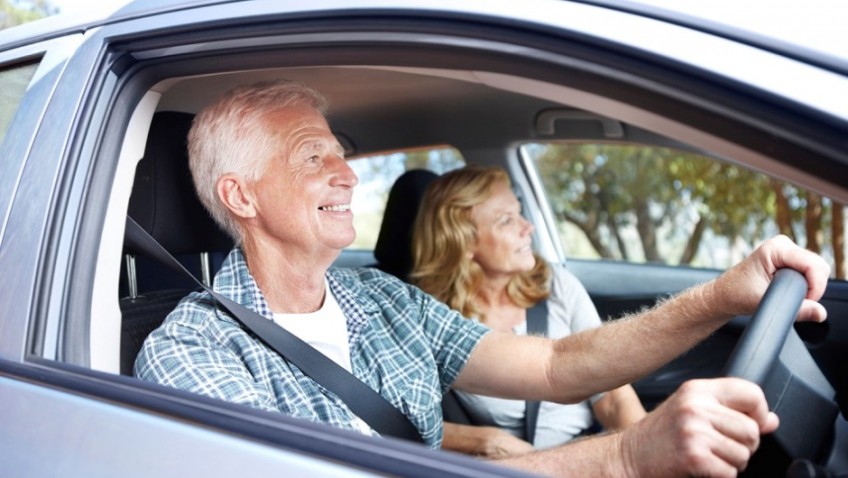GPs must tell the DVLA about any patients who continue to drive when they are medically unfit to do so, says the General Medical Council.
The regulator says it is strengthening its advice after hearing from GPs who feel anxious about reporting patients to the driver licensing agency.
The draft guidance, out for public consultation, says public safety should come before patient confidentiality and consent in such cases.
But the step is a last resort, it says.
The guidance also emphasises that when doctors diagnose a patient’s condition, or provide treatment, they should keep the patient’s ability to drive safely at the forefront of their minds.
Niall Dickson, chief executive of the General Medical Council, said: “This is difficult territory – most patients will do the sensible thing but the truth is that a few will not and may not have the insight to realise that they are a risk to others behind the wheel of a car.
‘No sanction’
“A confidential medical service is a public good, and trust is an essential part of the doctor-patient relationship, but confidentiality is not absolute and doctors can play an important part in keeping the wider public safe if a patient is not safe to drive.”
He added: “We are clear that doctors carrying out their duty will not face any sanction – and this new guidance makes clear that we will support those who are faced with these difficult decisions.”
Dr Maureen Baker, chairwoman of the Royal College of GPs, said: “Where possible we try to leave the responsibility for reporting unfitness to drive in the hands of the patient.
“But we do follow-up on recommendations we make and in some cases, if a patient hasn’t self-reported, we do take this step on their behalf.”
Steve Gooding, from the RAC Foundation, said: “Thirty-seven million drivers depend on the car for getting about… with the right treatment, many illnesses will not lead to people having to hang up their keys.
“The worst thing motorists can do is ignore medical advice.”
Figures from the DVLA show there were nearly 160,000 notifications of drivers being unfit to drive, up from just over 125,000 four years previously. These figures cover notifications from police and drivers themselves as well as individual drivers.
The College of Optometrists welcomed this news. The College’s own guidance for optometrists takes the same line as the GMC guidance.
Dr Susan Blakeney, clinical adviser to the College of Optometrists, said:
“Vision is clearly important to driving. I would urge drivers to visit their optometrist as a first port of call if they have any worries or concerns about their eyes or vision. It may simply be that new glasses are needed in order to continue driving safely and legally. It’s important that changes to vision are picked up early, so I would suggest drivers check their vision in each eye separately on a regular basis so that they notice changes if they occur.
One way to do this is to find some detail that you can just see, such as a number plate or the words on the spine of a book, and check that you can still see it with each eye separately. If you notice any changes make an appointment with your optometrist.”
The College of Optometrists has developed these top tips:
- Always wear an up-to-date pair of glasses or contact lenses while driving, if you have been advised to do so
- Don’t use tinted lenses for night driving
- Ideally, have an anti-reflection coating on your spectacles
- Regularly check your own eyesight and ensure that you can read a number plate from 20 metres away (around 65 feet)
- If you’re unsure about how good your vision is or haven’t been for a recent eye examination, book an appointment with your optometrist.





